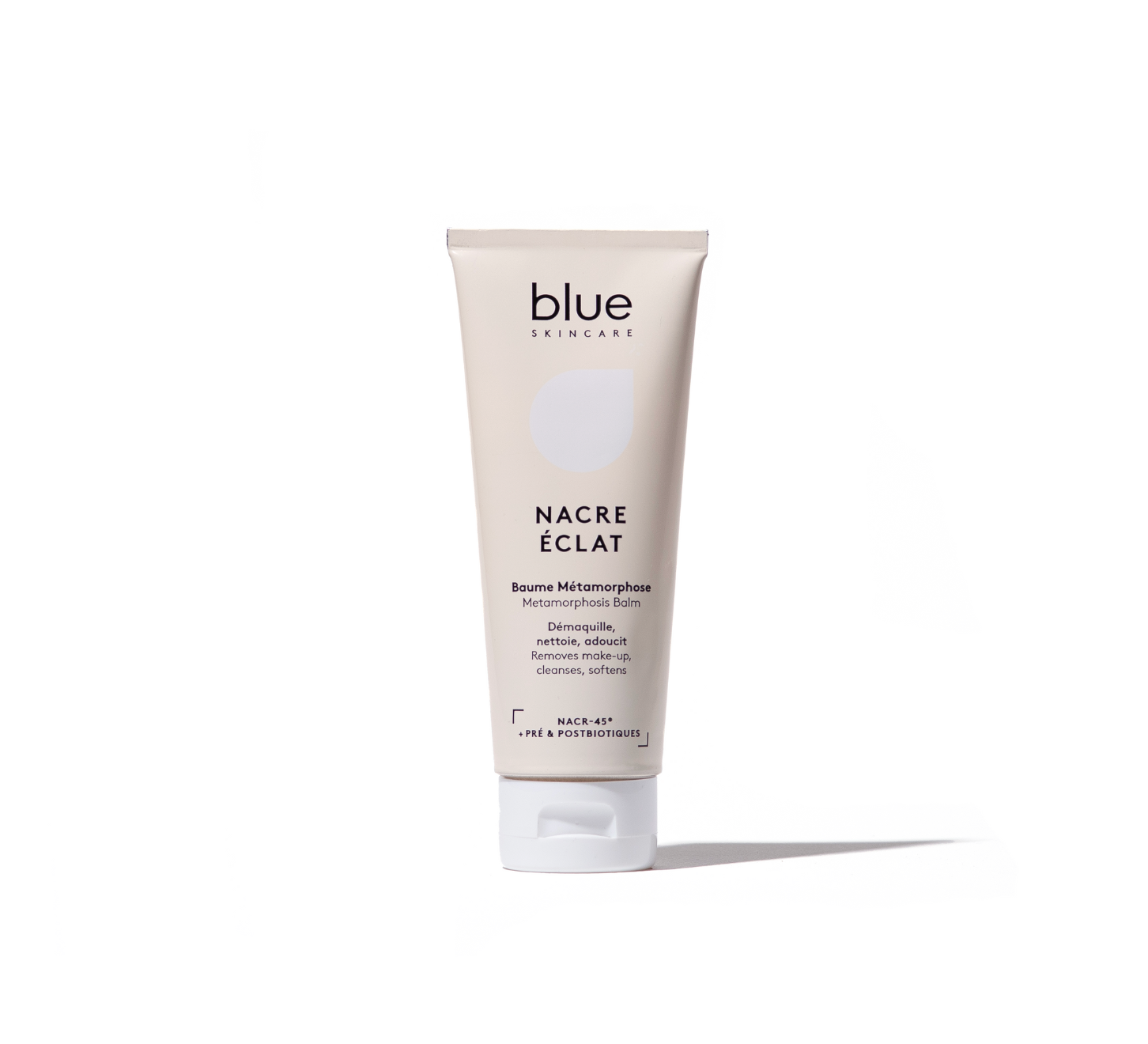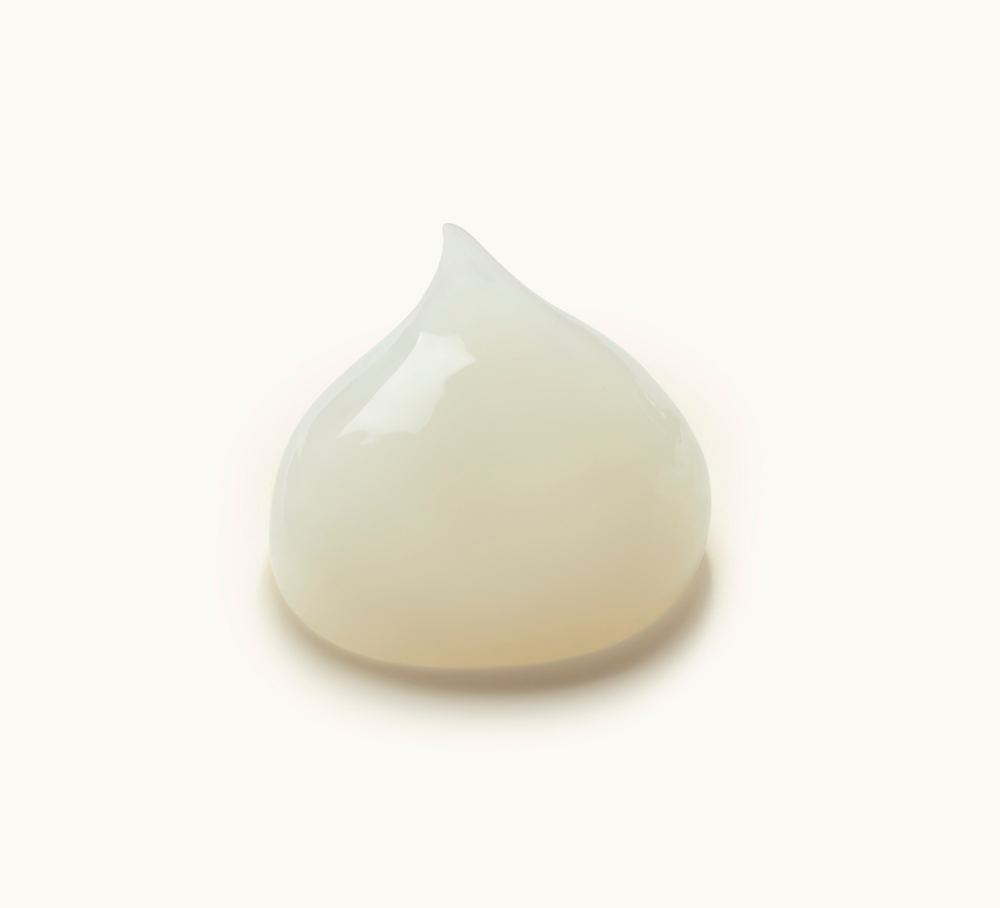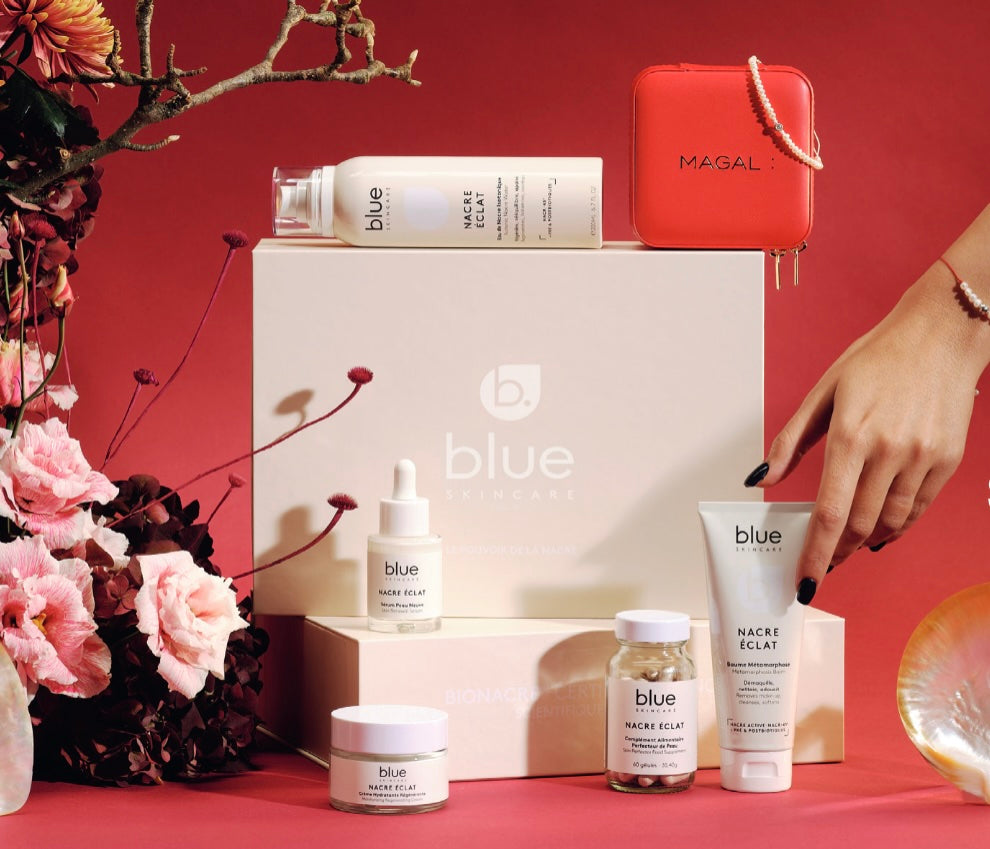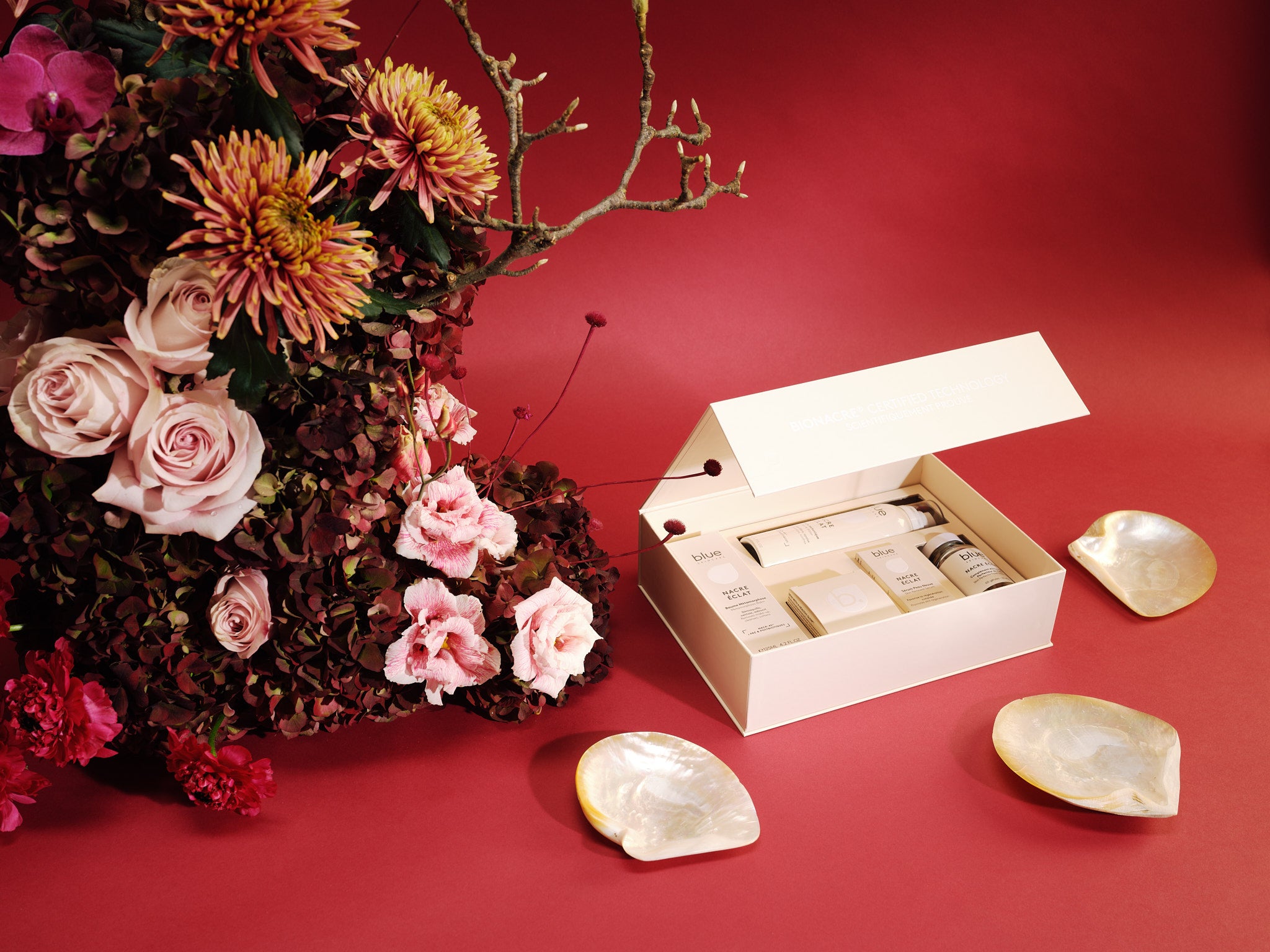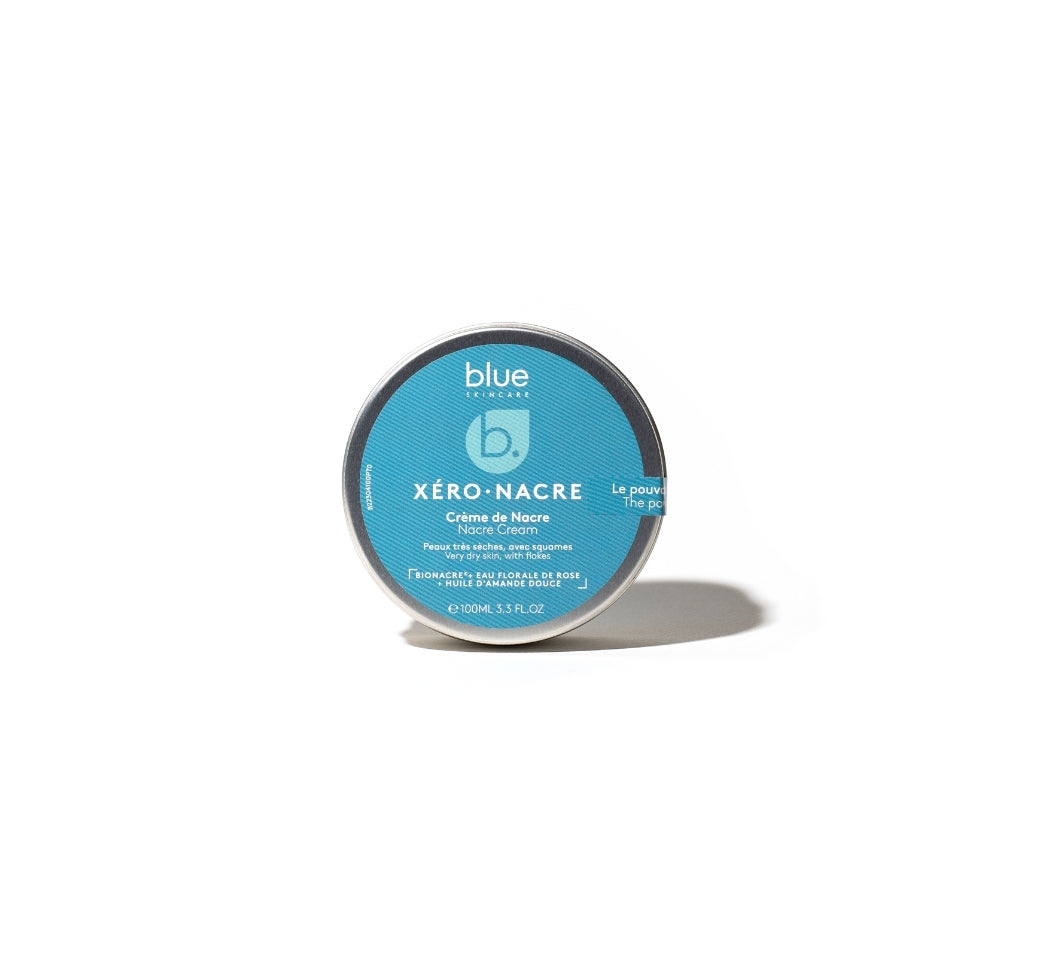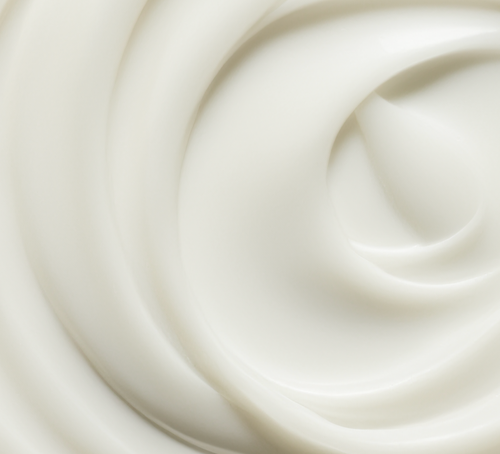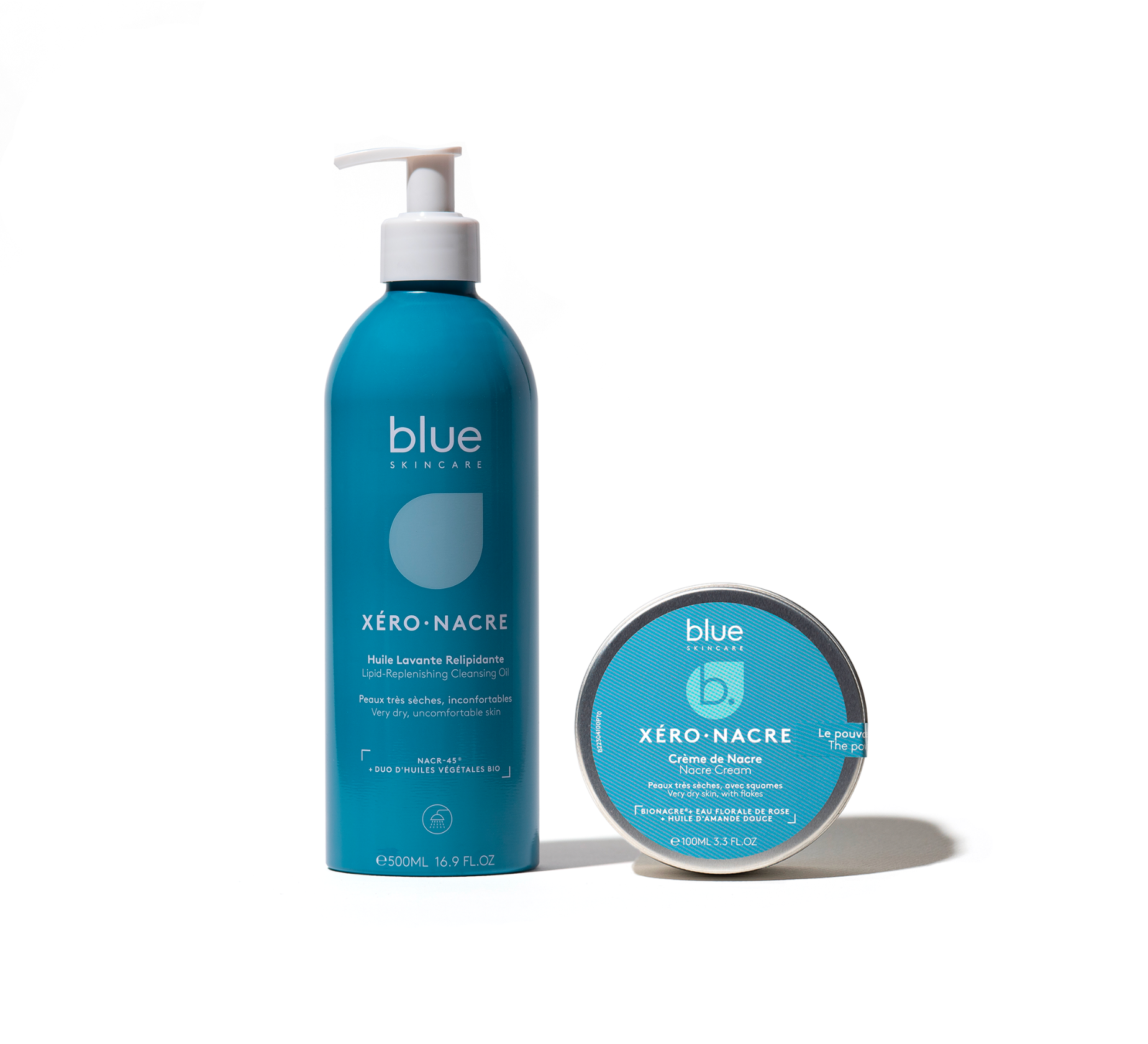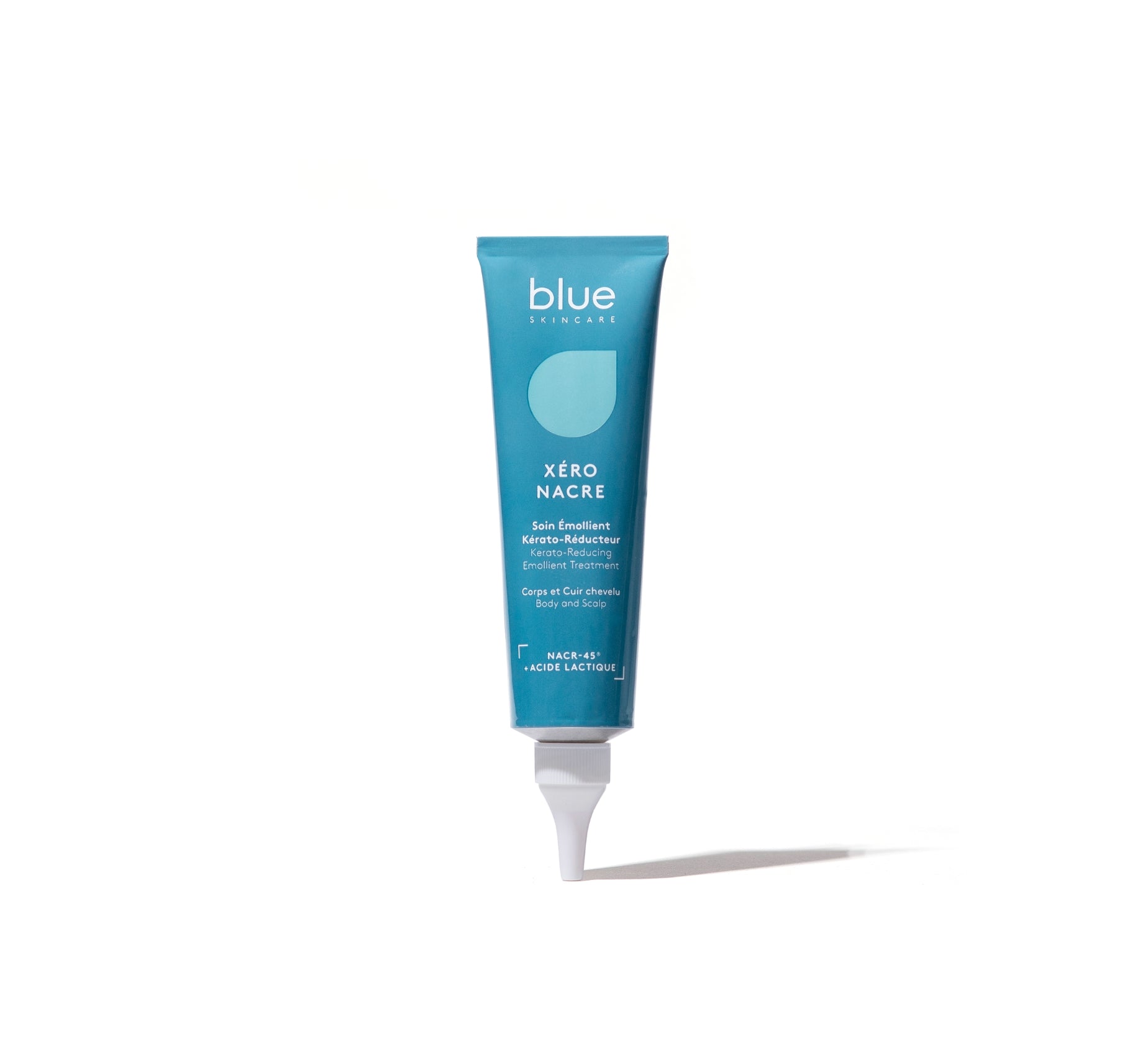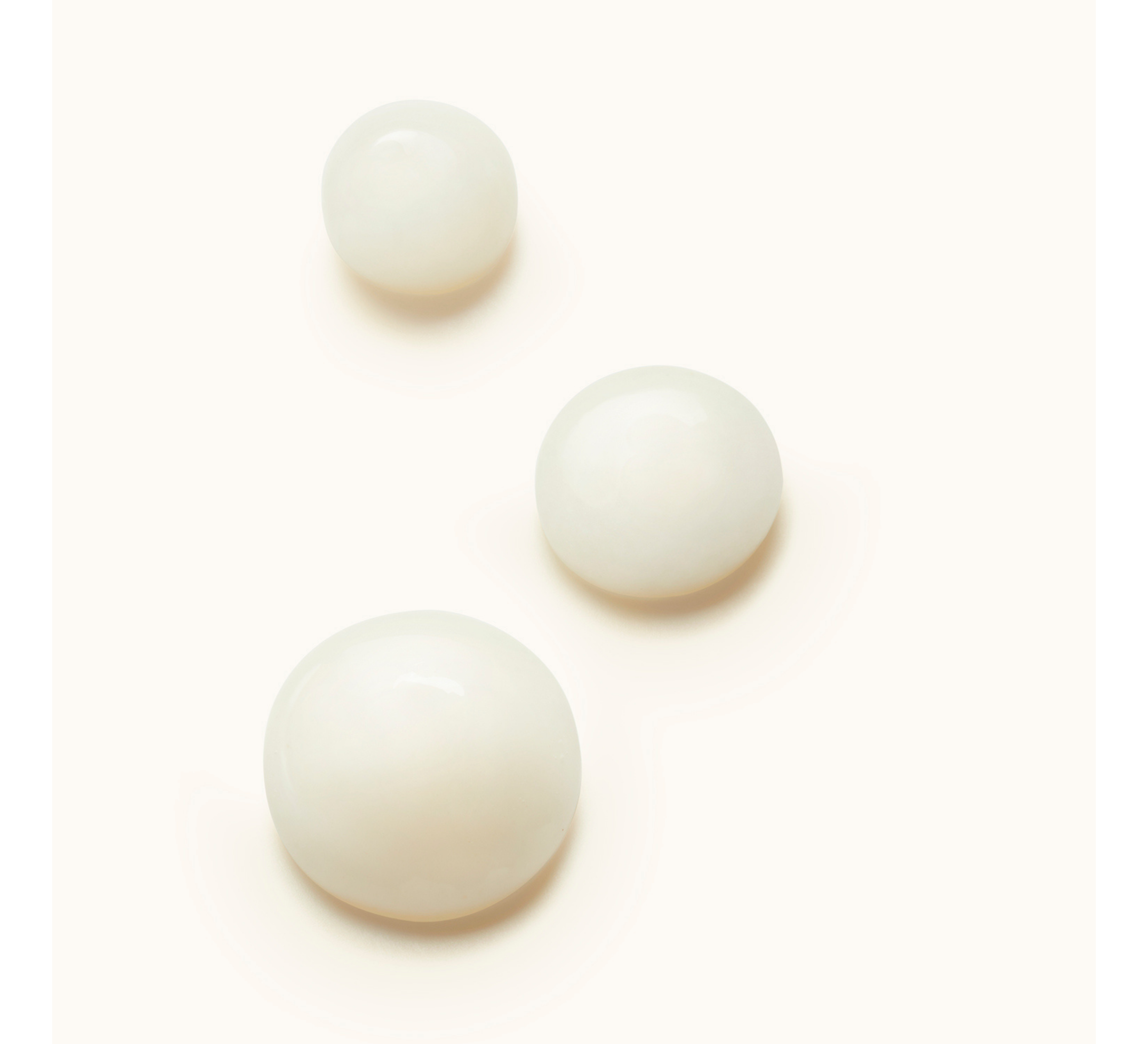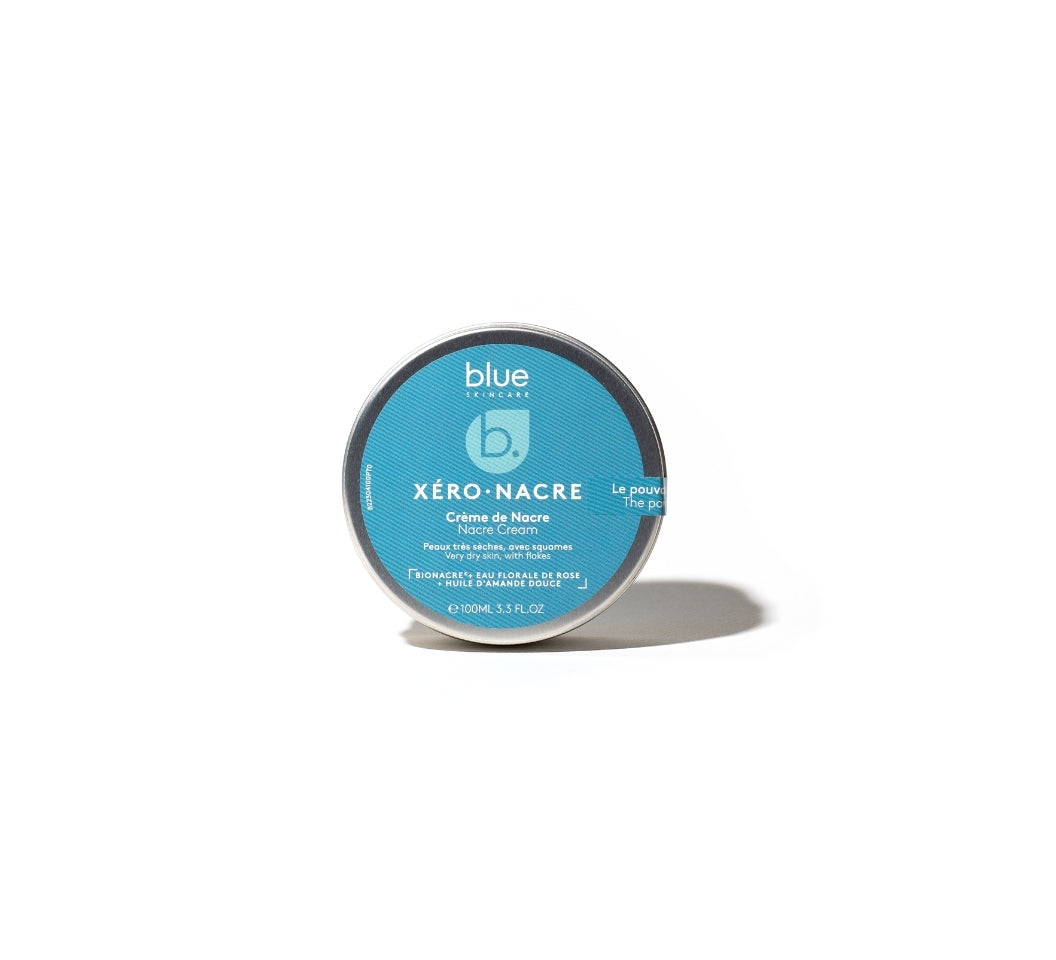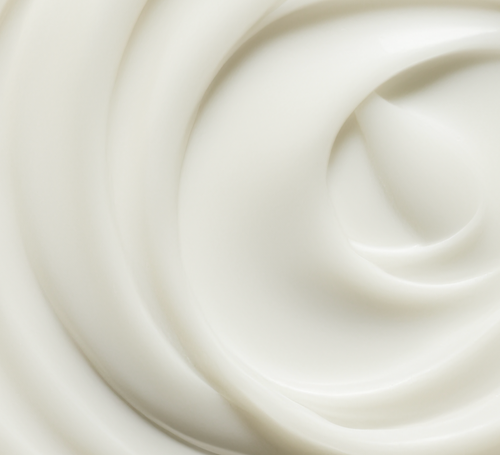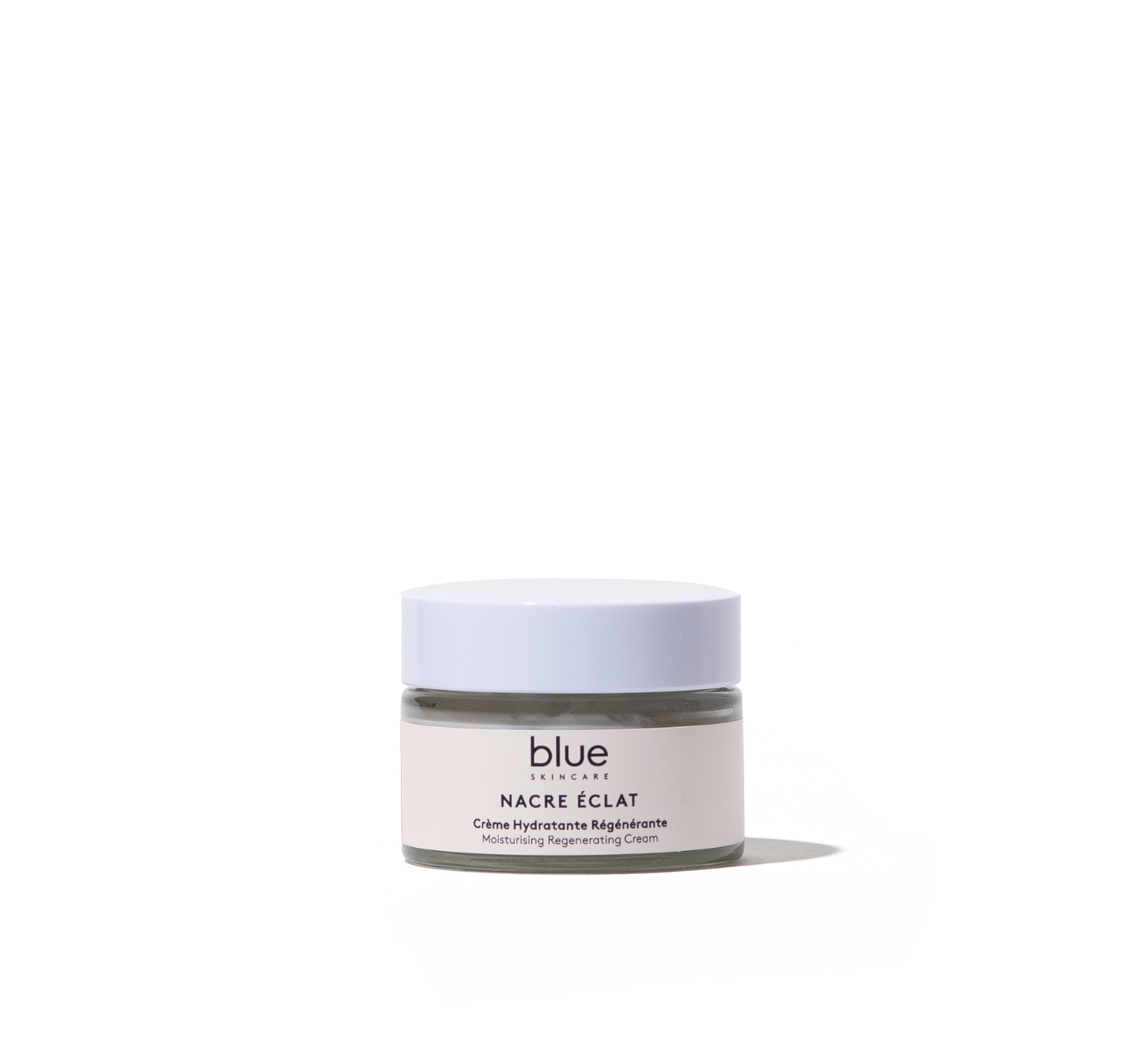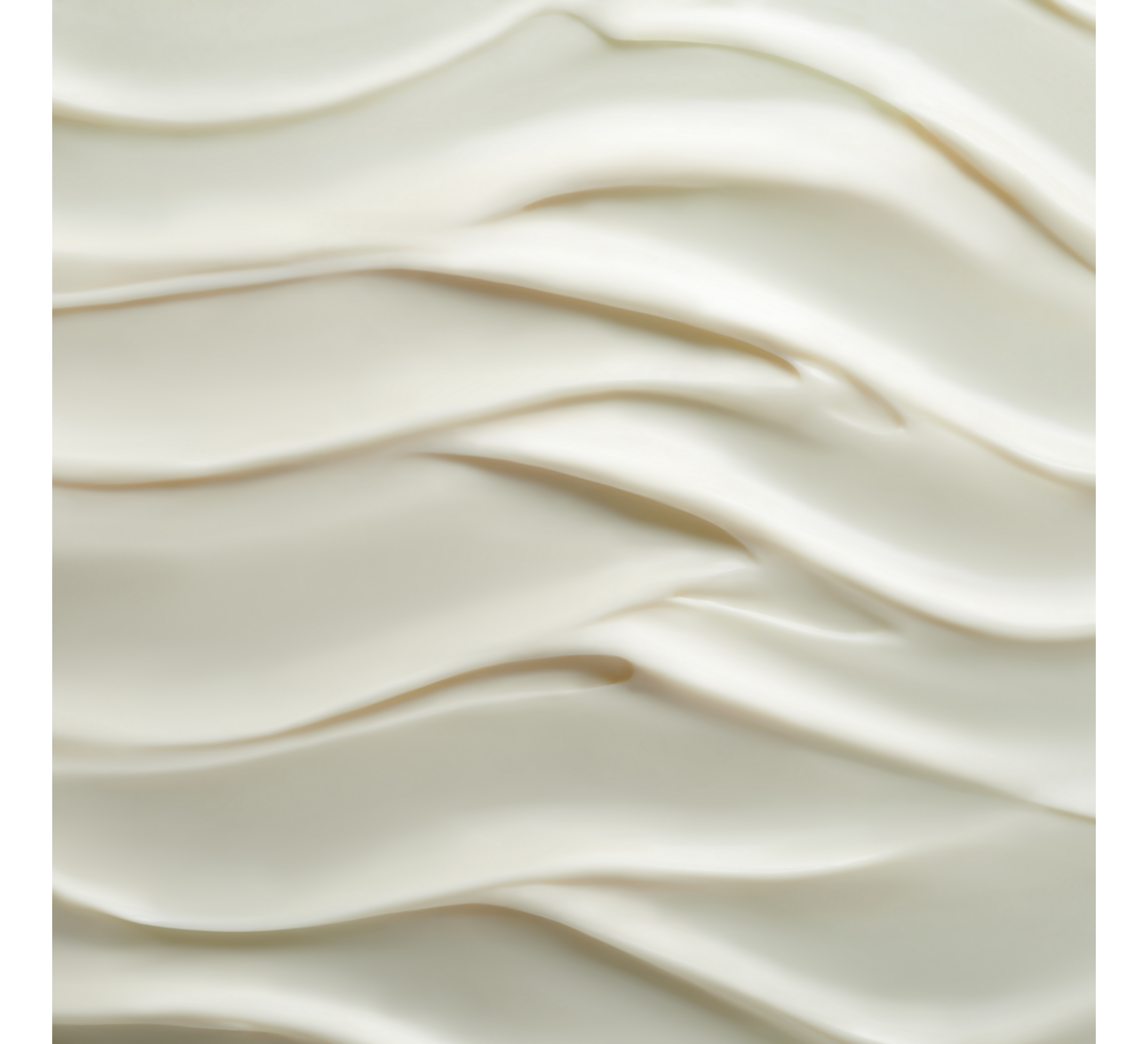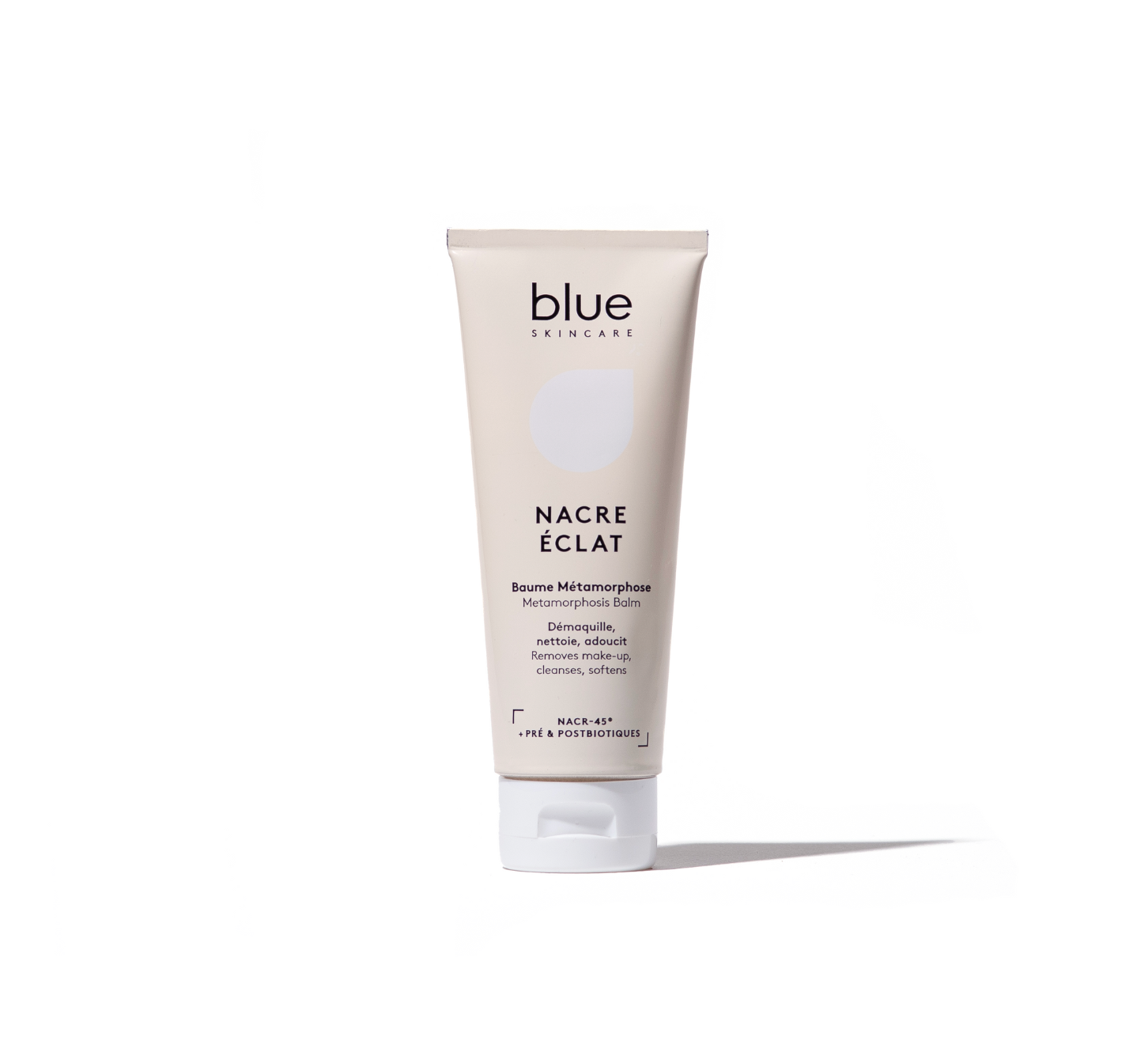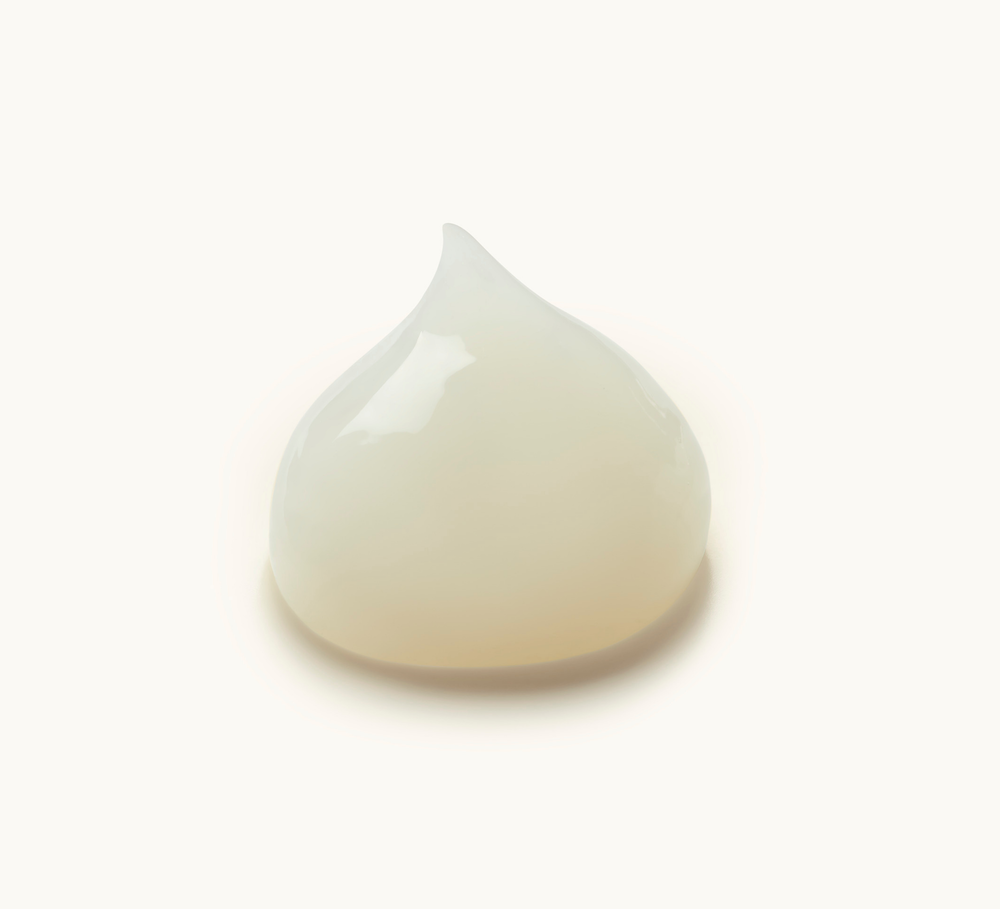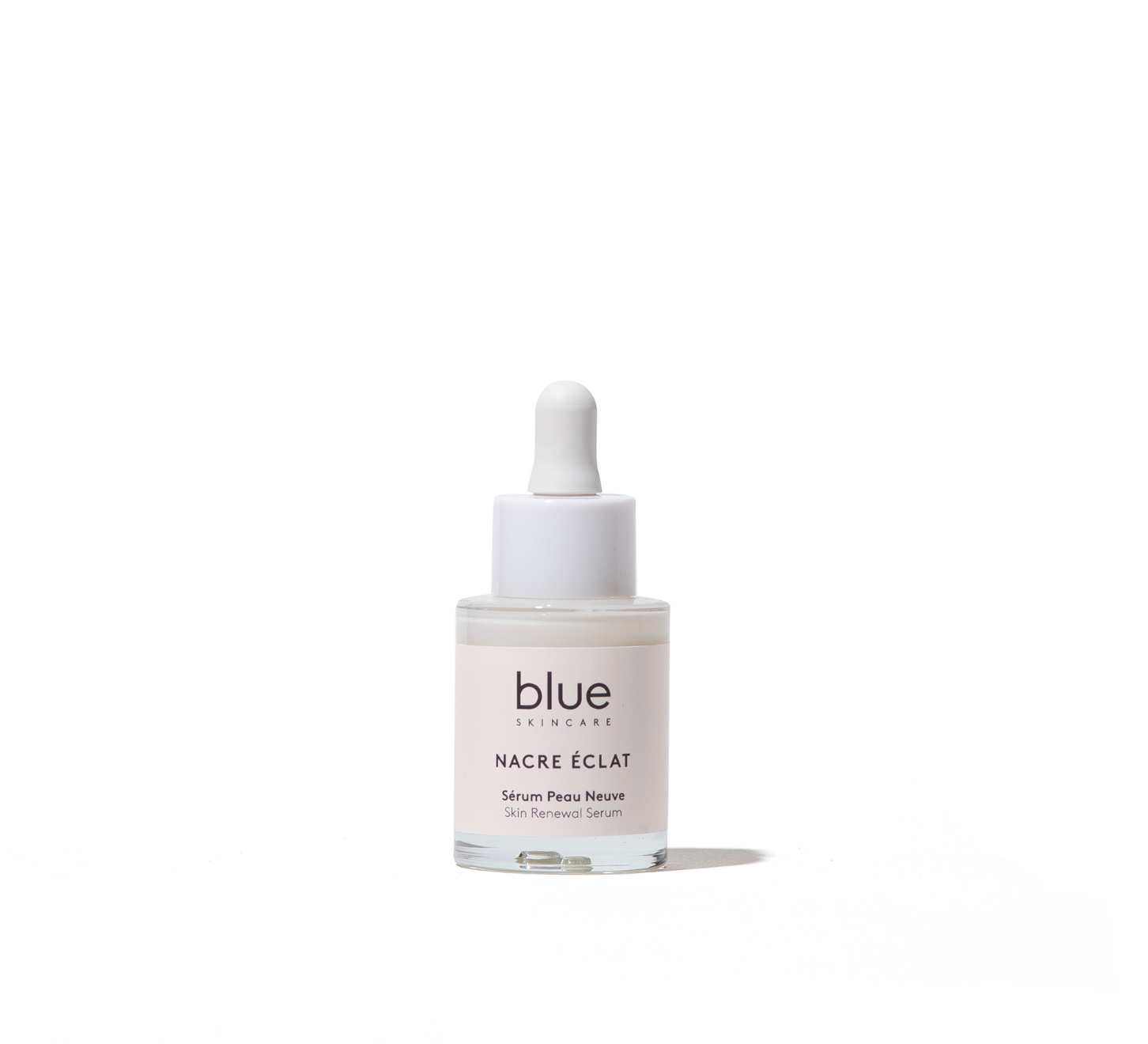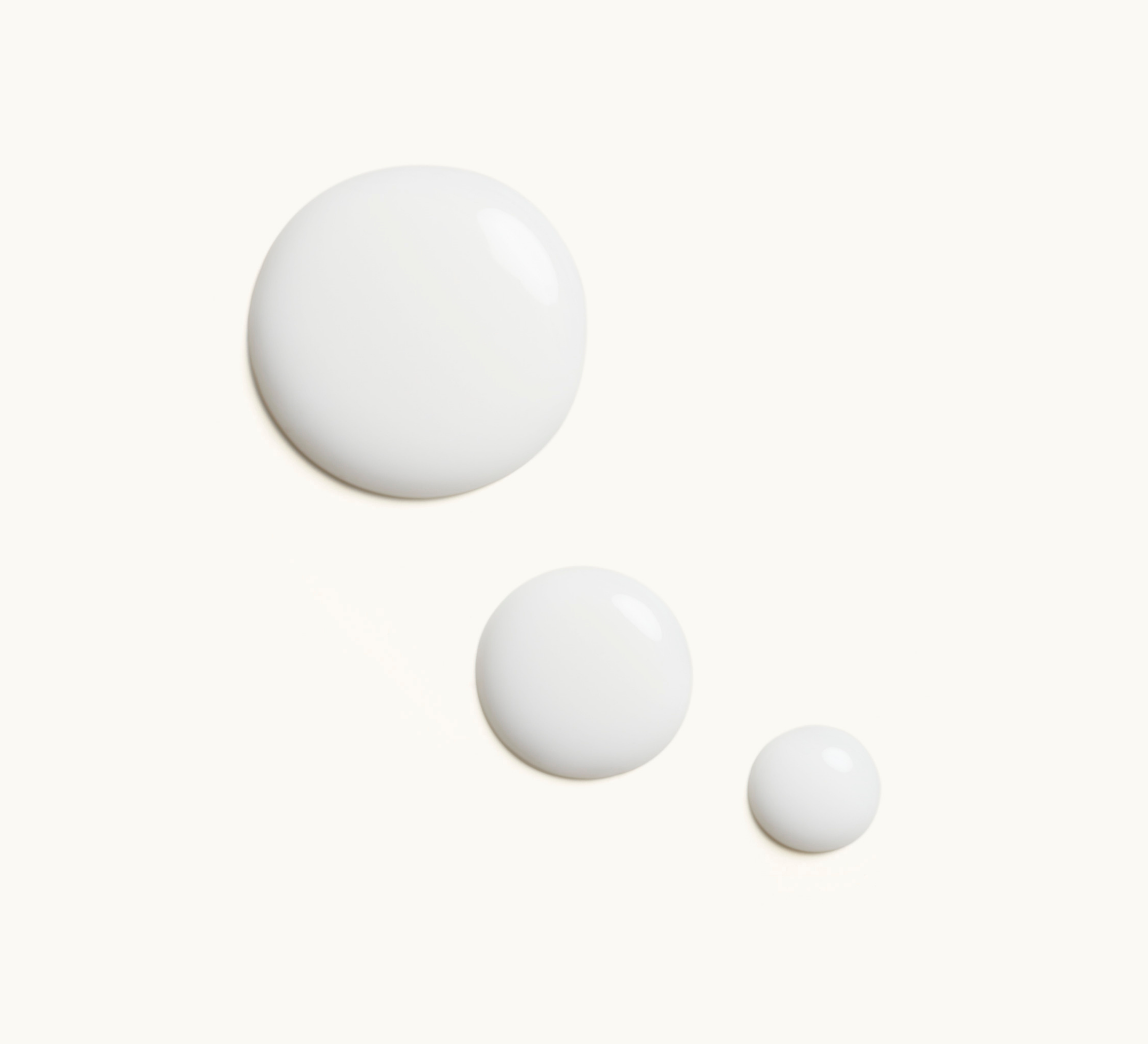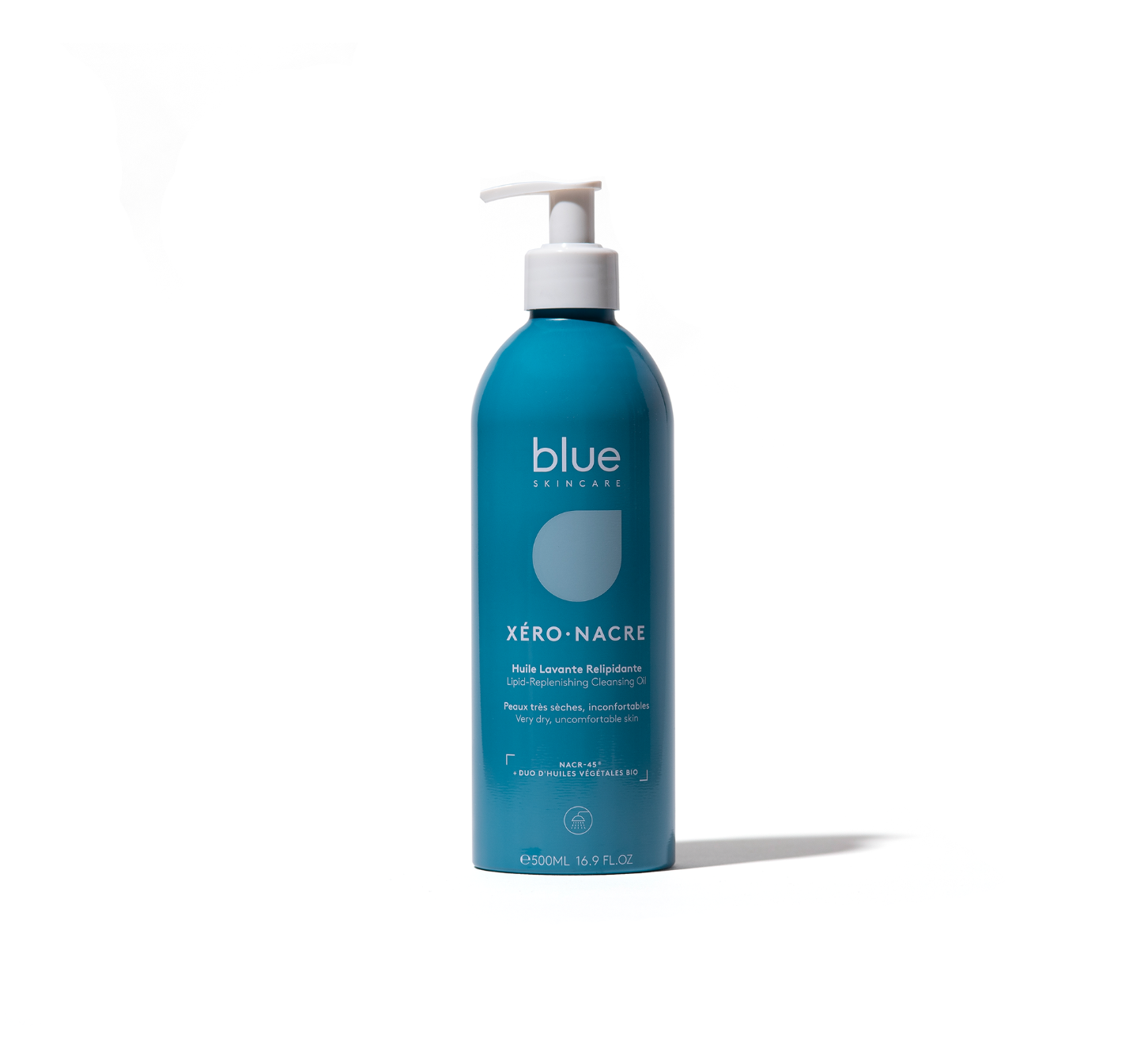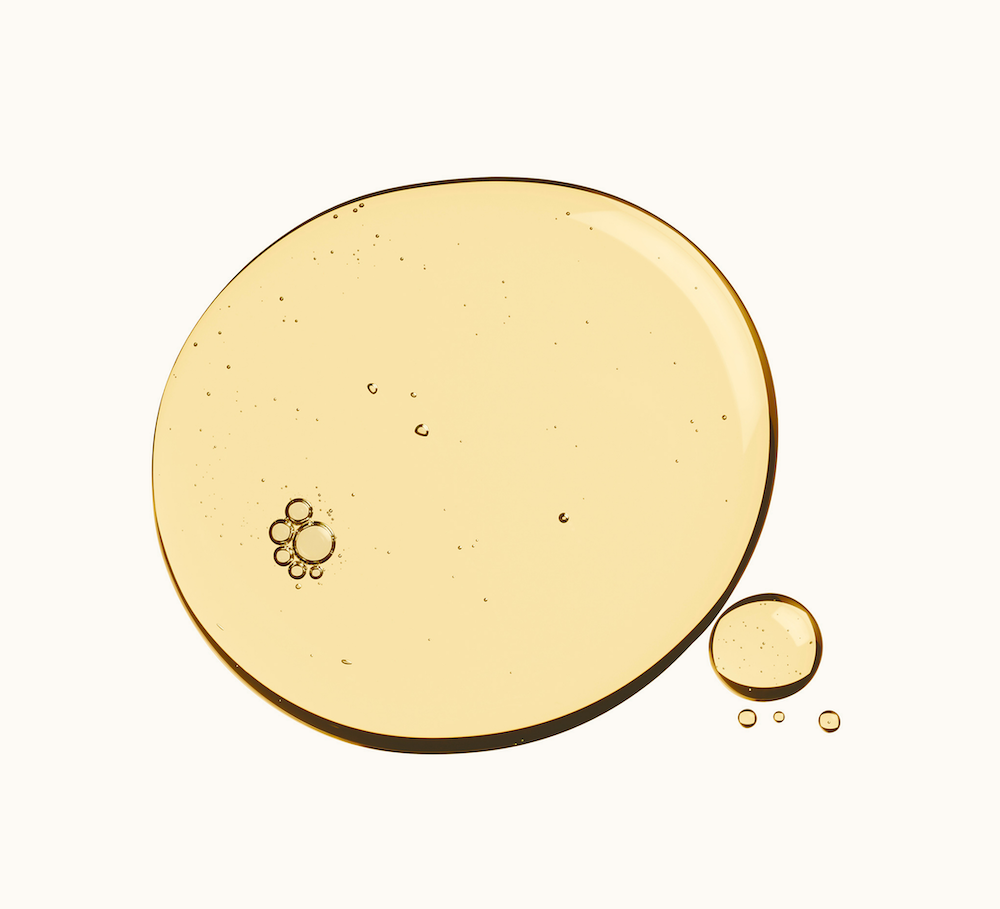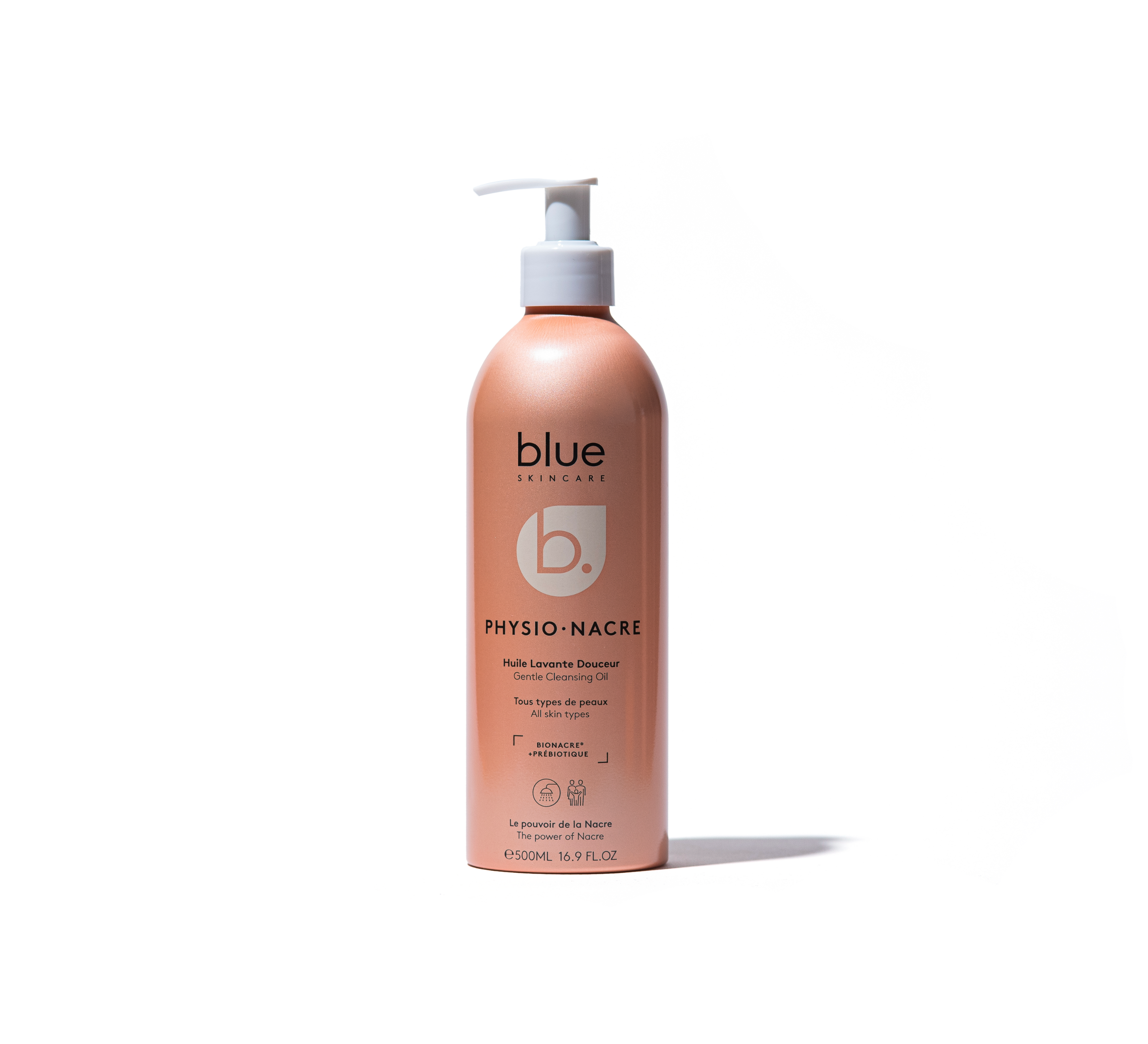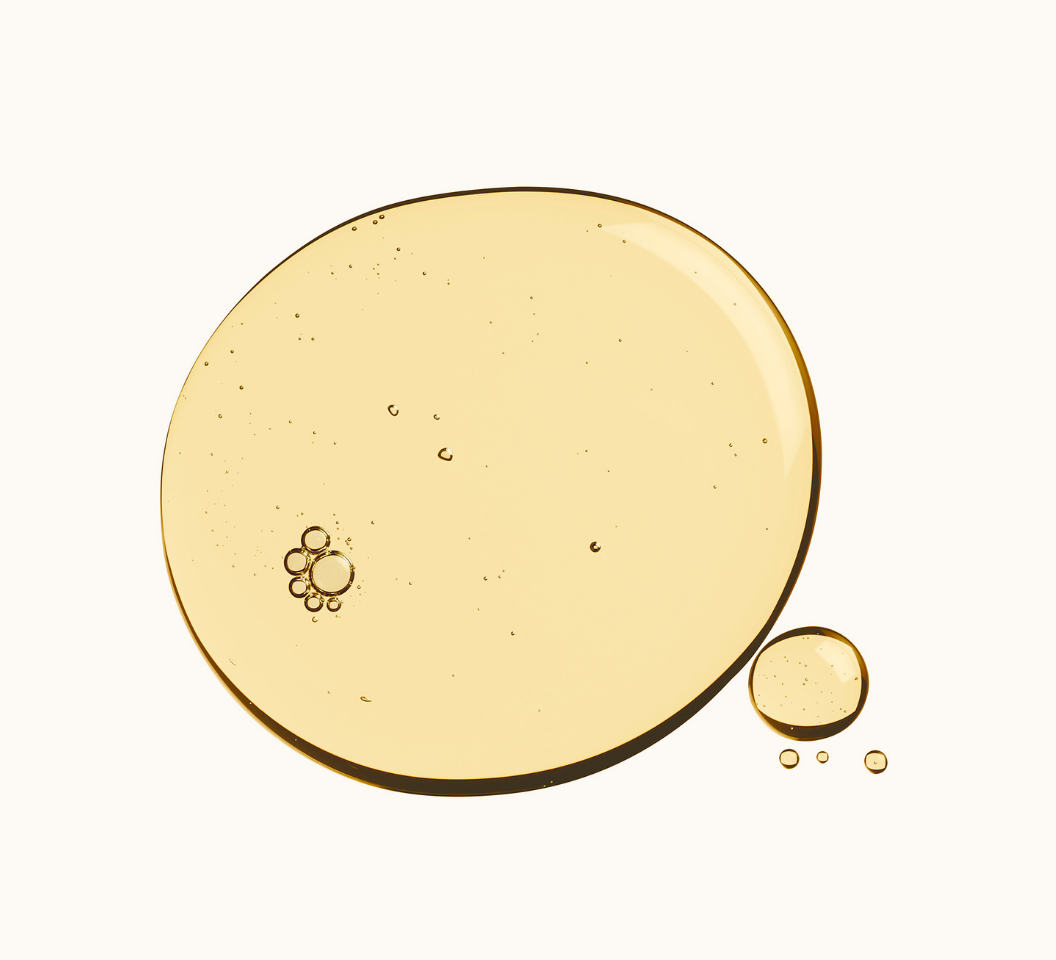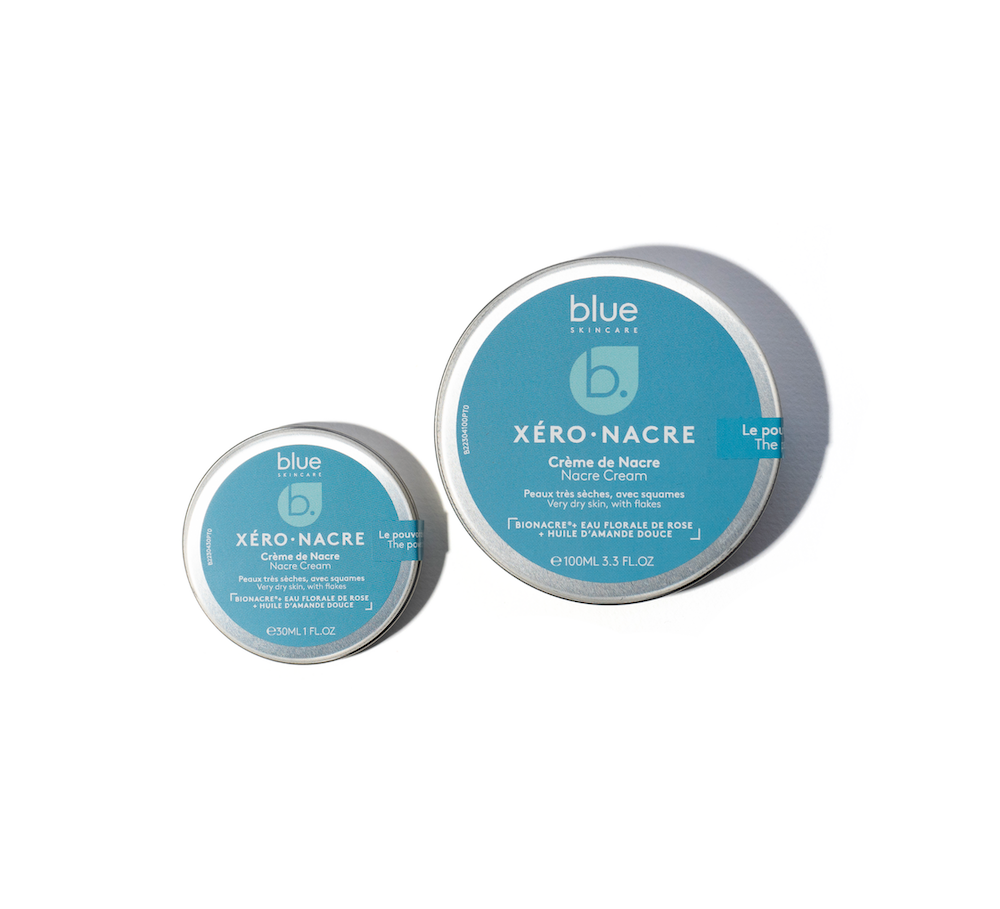Affections cutanées fréquentes, le psoriasis et l’eczéma touchent bon nombre de Français, 2 % pour la première, et près de 34 % pour la seconde d’après Sanofi et l’INSERM (Institut National de la Santé et de la Recherche Médicale). Si ces deux pathologies entraînent des symptômes similaires, tels que des plaques rouges, des démangeaisons et des irritations, ces dernières ont toutefois des causes, des manifestations et des traitements différents.
Blue Skincare vous aide à différencier psoriasis et eczéma, reconnaître et traiter de manière optimale ces pathologies cutanées avec des soins ciblés.
Psoriasis et eczéma : qu'est-ce que c'est ?
Maladie chronique, auto-immune et non contagieuse qui affecte la peau, le psoriasis résulte d'un renouvellement anormal des cellules cutanées, les kératinocytes, en 7 jours au lieu de 21. Cela entraîne l'apparition de plaques rouges et squameuses, souvent recouvertes de petites écailles blanches, sur différentes zones du corps, notamment les coudes, les genoux, le cuir chevelu et le bas du dos.
L’eczéma, ou dermatite atopique, est une inflammation de la peau qui peut être causée par des facteurs génétiques, environnementaux ou allergiques. Il se manifeste par une alternance de périodes de crise, durant lesquelles la peau est sèche, des démangeaisons intenses, des rougeurs et parfois des croûtes et des lésions surviennent, puis d’accalmies. Souvent lié à des antécédents familiaux d'allergie, il peut survenir à tout âge, bien que les enfants soient particulièrement touchés.
Quels sont les critères de différenciation entre le psoriasis et l'eczéma ?
Bien que les symptômes puissent être similaires, les deux pathologies se distinguent par de nombreux aspects.
Aspect des plaques
Vous avez des plaques épaisses, bien délimitées, couvertes de squames épaisses et blanches qui se détachent facilement et laissent entrevoir une peau rouge et douloureuse en dessous ? Si tel est le cas, vous souffrez probablement de psoriasis. Les personnes souffrant d’eczéma verront quant à elle apparaître sur leur corps des plaques moins épaissies, avec des zones de croûtes et de suintement. Par ailleurs, la peau est généralement plus sèche, et les démangeaisons sont plus prononcées.
Localisation des plaques
D’une manière générale, le psoriasis est situé au niveau des coudes et des genoux, du cuir chevelu et du dos, alors que l’eczéma se loge davantage dans les plis et dans les zones de flexion. Par ailleurs, alors que l’eczéma est localisé, le psoriasis peut recouvrir tout le corps de plaques rouges.
Âge d'apparition
Très rare chez les nourrissons, le psoriasis peut débuter lors de l'enfance, par une éruption sur tout le corps, prenant la forme de petites plaques. Toutefois, selon l’étude précitée de l’INSERM, seul un tiers des cas de psoriasis se déclarent avant 20 ans.
L’eczéma, quant à lui, apparaît habituellement à l’enfance, à partir de 3 mois. Si la plupart des dermatites atopiques disparaissent progressivement avec le temps, 10 à 15 % des cas persistent jusqu’à l’âge adulte.

Quels sont les facteurs aggravants liés à ces deux conditions ?
Eczéma et psoriasis peuvent être aggravés par différents facteurs externes et internes :
-
Le stress, qu’il soit émotionnel ou physique ;
-
Les infections virales ou bactériennes, comme les angines ;
-
Le climat froid et sec ou une chaleur excessive peut dessécher la peau et activer les poussées ;
-
Certains médicaments comme les bêta-bloquants ou les médicaments Anti-Inflammatoires Non Stéroïdiens (AINS) ;
-
Les allergènes : la poussière, les poils d'animaux, les pollens ou certains aliments peuvent provoquer des réactions allergiques entraînant des poussées d'eczéma ;
-
Les irritants tels que les produits chimiques, le savon, la chaleur excessive ou l'humidité peuvent irriter la peau et provoquer une inflammation.
Comment traiter les symptômes liés au psoriasis et à l'eczéma ?
Plaque, démangeaisons, ou irritations, afin de traiter efficacement les symptômes liés au psoriasis et à l’eczéma, il convient d’appliquer des produits adaptés à votre condition cutanée, au risque de l’aggraver.
Riche d’une technologie unique de fabrication de BIONACRE®, Blue Skincare vous propose une gamme de crèmes pour le psoriasis à base d’ingrédients doux d’origine naturelle. Pensée pour les peaux sujettes aux squames et/ou rugosités, à tendance psoriasique, la gamme Xero.Nacre vous aide à retrouver confort et bien-être cutané.
À la texture rafraîchissante, le soin kerato-réducteur corps et cuir chevelu élimine les squames, les rugosités et les pellicules, tout en limitant leur réapparition. Sous la douche, l’huile lavante relipidante nettoie votre peau en douceur et renforce la barrière cutanée protectrice. Puis, la crème nacre nourrit, protège et apaise les sensations de démangeaison. Faites confiance au pouvoir de la nacre pour soigner votre peau !
Attention : si les symptômes persistent ou s’aggravent, n’hésitez pas à consulter votre dermatologue.
Quelle routine adopter pour prévenir la ré-apparition du psoriasis ?
Afin de maintenir votre peau en bonne santé et de prévenir les poussées, adopter une routine de soin sur mesure est primordial. Pour vous aider à prendre soin de vous au quotidien, Blue Skincare vous propose une routine peau sèche complète !
Appliquez le soin kerato-réducteur sur une peau propre et sèche matin et soir, et une à deux fois par semaine sur le cuir chevelu. Deuxième étape, l’huile lavante relipidante, enrichie en technologie brevetée BIONACRE®, en pré & postbiotiques équilibrants, respecte et renforce le film hydrolipidique, nettoie, et apaise la peau du corps et du visage.
Quelles habitudes adopter au quotidien si l'on est atteint de psoriasis ou d'eczéma ?
Au-delà de l’application de soins du corps et du visage adaptés, il convient d'intégrer différentes habitudes pour limiter les poussées :
-
Évitez les irritants : choisissez des produits de soin doux et non parfumés pour ne pas aggraver les symptômes ;
-
Hydratez régulièrement : appliquez une crème hydratante plusieurs fois par jour pour maintenir la barrière cutanée intacte, en été comme en hiver. Parce que l'hydratation est la clé, pensez également à boire suffisamment d’eau ;
-
Limiter le stress : pratiquez régulièrement du sport, ou des techniques de relaxation comme le yoga ou la méditation pour éviter que le stress active la maladie ;
-
Évitez les températures extrêmes : protégez votre peau du froid ou de la chaleur excessive, et privilégiez une température ambiante confortable.
FAQ différences entre psoriasis et eczéma
Psoriasis et eczéma sont-ils héréditaires ?
Les deux conditions peuvent avoir des composantes génétiques. Si des membres de votre famille souffrent de psoriasis ou d'eczéma, il y a dès lors un risque plus élevé que vous soyez également affecté.
Peut-on guérir du psoriasis ou de l'eczéma ?
Ces affections cutanées ne se guérissent pas, toutefois, avec un traitement adapté et une routine de soins appropriée, il est possible de gérer les symptômes et de prévenir les poussées. Pensés par Blue Skincare, les produits de la gamme Xero.Nacre aident à apaiser et à maintenir la peau en bon état, réduisant ainsi la fréquence des récurrences.
